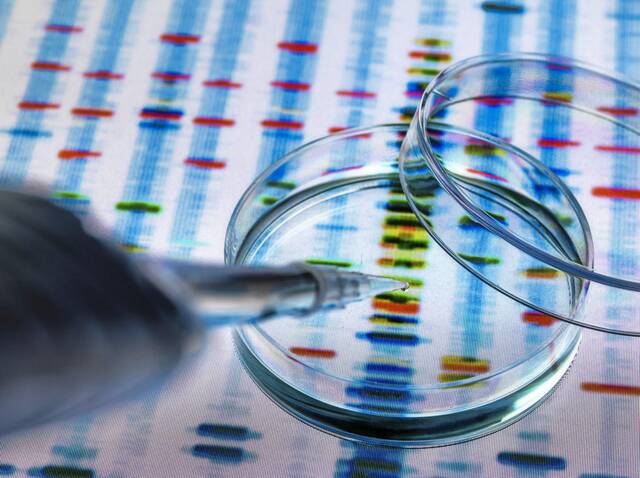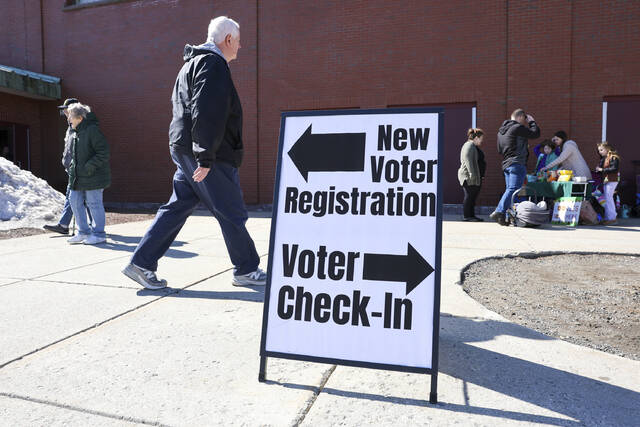The most basic building block of who you are is contained in your blood, your skin and the other cells of your body.
Even if you don’t have your driver’s license or passport on you, the DNA coded into your body is even more precise than your fingerprints. A fingerprint might be linked only to you, but, if found at a crime scene without context, it doesn’t help find you if you aren’t already in a database.
DNA, on the other hand, doesn’t just identify you as a match if your sample already is there. It can be used to identify you from bits and pieces of other people’s DNA with a familial tie.
And that is why DNA can be a tricky thing to track. People have expressed concern about the databases assembled from voluntarily submitted samples with companies such as Ancestry or 23andMe.
In 2022, police solved the 1988 murder of Anna Kane in Reading when DNA from a genealogy test identified her killer as Scott Grim. Grim was not convicted, as he died in 2018. The Golden State Killer in California was found with familial DNA. Just last month, a Massachusetts man was charged with rapes committed in 1989 thanks to genealogy samples.
Those cases all are voluntary submissions involving bread crumbs assembled from good investigations.
But a proposed Pennsylvania law would allow DNA to be taken from anyone arrested, whether police ultimately charge a crime or not. That could be problematic.
Police do not charge everyone they detain. An arrest can be an expedient way to resolve a public safety situation, but, once the issues are unraveled at the station, it might be determined no crime occurred.
But the Senate Judiciary Committee has given the green light to send a bill to the full Senate. That bill would give police a power they haven’t had before. Existing laws limit DNA collection to things such as sex crimes. Even murderers aren’t compelled to submit DNA samples.
While holding criminals accountable is laudable, the constitutional issues with this law cannot be ignored. The Fourth Amendment protects Americans from unreasonable search and seizure. It’s why police can’t just search your car because you were speeding or why a warrant is necessary to get evidence from your home or computer.
Why should your cells be afforded less protection under the law than your cellphone?
American criminal law — and, by extension, Pennsylvania law — is predicated on the idea of a presumption of innocence that is replaced in this bill by a seeming assumption that, if you aren’t guilty of something today, you might be tomorrow.
According to PennLive, committee chair Sen. Lisa Baker, R-Luzerne County, acknowledged criticism by being open to automatic expungement of the DNA for those whose charges were dropped or who were acquitted. That would be a start.
A better move would be to do what has always been the standard for prosecution and policing. Establish reasonable suspicion, obtain a warrant and secure evidence accordingly.








